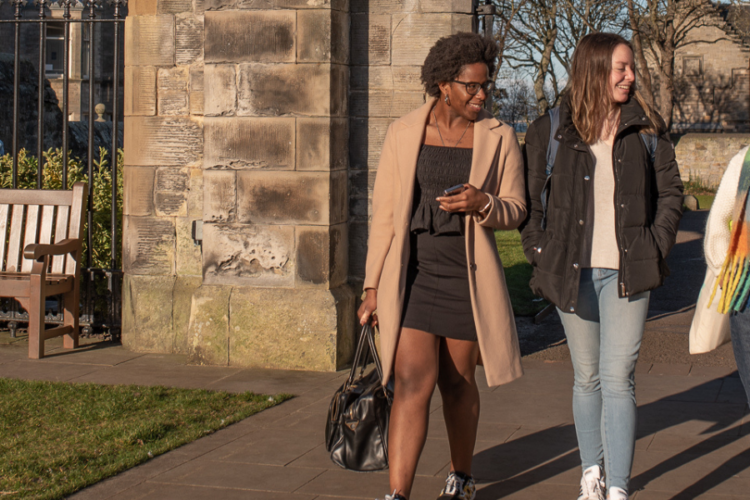By providing information, guidance and case studies, these collated resources aim to support academic staff to embed inclusive and anti-colonial teaching practice within their own teaching.
The University has a responsibility to deliver curricula, assessments and teaching environments that are inclusive, accessible and enriching. Our teaching provision should reflect the diversity of our staff/student community, and we should provide global perspectives on the subjects that we teach.
These resources have been designed to help staff:






